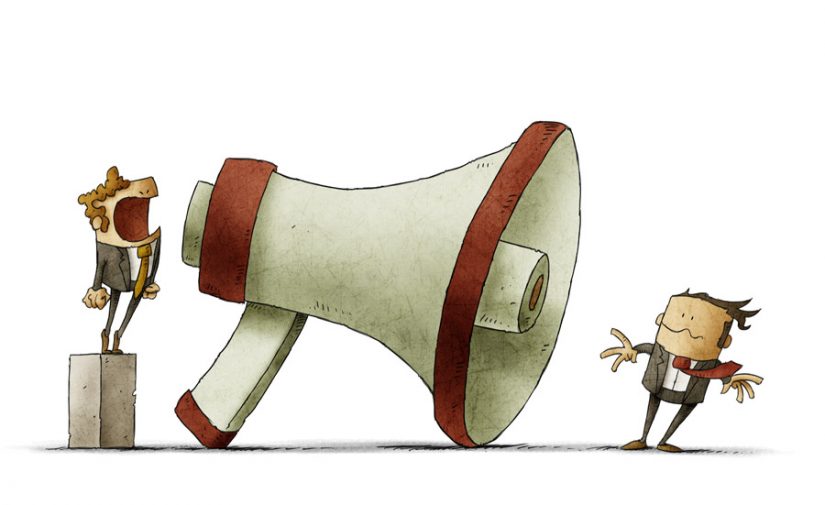Sep 04, 2020 SEO Definition: SEO is an acronym that stands for search engine optimization, which is the process of optimizing your website to get organic, or un-paid, traffic from the search engine results page. In other words, SEO meaning involves making certain changes to your website design and content that make your site more attractive to a search engine. Jun 03, 2016 With the right process and a dose of patience, SEO success is always within reach — even if you're running your own blog. Optimizing your blog posts begins as early as the inception of your idea, and from then on you'll want to consider your keyword targeting, on-page factors, your intended audience, and more. In this Whiteboard Friday, Rand spells out a step-by-step process you can adopt to.
If you’ve spent any time reading up on how to start a blog, you’ve likely come across the term search engine optimization (SEO). It’s a pretty controversial topic these days! As more and more websites have been created, it has become harder to stick out from the crowd when it comes to internet searches. With more competition for popular search keywords (one of the main components of SEO), some people question if SEO is as effective at generating traffic to new blogs as it used to be.
That said, you’re going to want to do everything possible to help your blog succeed, and SEO is undeniably an important topic to be knowledgeable about. So, if you decide to focus on SEO when blogging, you’re going to want to do it right! That’s where this guide comes in. Read on for some tips to help you get the most out of SEO.
Our Top Small Business Tools:
- Use our Business Name Generator for help brainstorming your new venture’s name.
- Get your unique logo with our Free Logo Generator and start branding your business.
What Is SEO?
Before we dive into the nuts and bolts of optimizing your blog for internet searches, it’s important to understand what exactly SEO means. Basically, SEO includes steps you can take and things you can do to make your blog easier for potential readers to find online when they’re searching for the topics you’re writing about.
While this topic can go about 100 miles deep very quickly and be quite disputed while getting there, we will stick to the basics and give you the most widely accepted best practices for optimizing your blog to capture the most readers possible.
Optimizing Your Blog
There are a lot of different things you can do to optimize your blog for internet searches. Search engines like Google use complex algorithms to power their search results, and they take a number of factors into consideration. It’s important to spend some time making sure that your blog is optimized for each in order to show up as high as possible on the list of results.
Research Keywords People Are Searching For
One of the most influential parts of SEO is keyword placement on your website. This means including popular keywords and phrases in your text. So, how do you figure out what people are searching for? There are a number of online tools that provide keyword search data; some are free and others are paid services. Both can be useful, but the free services are generally very limited in the data and tools they provide.
For paid services, we recommend SEMRush. SEMRush offers powerful tools that give you an in-depth insight into popular search keywords and phrases. With their service, you can get data specific to desktop and mobile devices as well as the country and language-specific data. SEMRush also provides data about which keywords popular websites are using and helps you find keywords with less competition to help your blog stand out in the crowd.
On-Page SEO
Once you’ve done your research about popular search keywords and phrases, you will need to include these in your blog in various ways. The most obvious method is to include these words and phrases, as well as variations and synonyms of them, in the body of your blog post. You don’t want to overdo it though. Google has a sophisticated search algorithm, so simply loading up your page with keywords isn’t going to get your page to the top of the results (and it could even hurt you). Include them where they fit naturally, but don’t force it.
In addition to the body of your post, including keywords in the title, meta descriptions, and headings can help boost your search ranking. The title tag is the text that appears at the top of the browser window and on search engine results pages. Meta descriptions are the brief summaries that appear under the titles in search results, and header tags help organize your page and make it more readable.

Again, you don’t want to force keywords into these places, but if you can craft quality content around popular searches, you may be able to attract more readers to your page.
Page Load Time
One thing that many people don’t realize influences search rankings is page loading time. Google takes this into consideration when giving results to search queries. If your page takes a long time to load, it is going to be hurt in the rankings.
And even discounting the effect of page loading speed on search results, readers are likely to click away from your page before reading it if they have to wait a long time for it to load.
There are a number of ways you can reduce your page’s loading time. These include:
- Reduce image size - Optimizing and compressing the images on your blog can considerably reduce loading time. There are a number of programs out there that can help you do this.
- Streamline coding - Sloppy or excess HTML, JavaScript, CSS, or other coding can slow down your page. Removing unnecessary characters and spaces can help speed up your site. There are programs that can help you do this as well.
- Remove unnecessary plugins - Plugins can be very useful for your blog. However, if you have too many, ones that go unused, or multiple that perform the same task, they could be unnecessarily slowing down your page.
- Upgrade your host - Depending on your current host, you may be able to upgrade to one that helps support faster loading times.
- Limit ads - Ads are a great way to generate income for your blog, but too many of them can slow down your page and turn off readers.
There are various online tools that can help you measure and rate the loading time of your blog. Try some out and see where you have room for improvement.
Mobile Compatibility

An increasing amount of web traffic is being driven by mobile devices. Mobile device compatibility also plays a big role in Google’s search rankings. If your page doesn’t load quickly or display properly on smartphones and tablets, its search ranking will suffer. There are online resources to help you determine how well your blog is set up for mobile viewing.
Blog Seoul Korea
Sitemap
Creating a sitemap for your blog doesn’t actually help its search ranking, but it can help search engines find and index all the pages on your site. If Google doesn’t know the page exists, then it won’t serve it to their searchers! There are online tools to help you create an XML sitemap for your blog.
URL Length and Structure
Using short and descriptive URLs can help attract readers to your site. For one thing, a descriptive URL is likely to have keywords in it that will help it rank higher in internet searches. Readers are also more likely to click on and share a descriptive URL than one that contains a lot of numbers or other irrelevant characters.
For example:www.thisisyourdomain.com/how-to-use-SEO or www.thisisyourdomain.com/1253aa22
Which would you be more likely to click on if you were looking to learn about SEO?

Links
Linking to other pages, including both other pages on your blog and external sites, can also help your SEO.

Backlinks
Blog Seo Checklist
Backlinks, or links to your blog from other websites, are one of the most important factors in your blog’s search ranking. The more sites, particularly high-quality and relevant sites, that link to your page, the better it will perform.
However, if your blog is in its early stages or still growing, it can be difficult to get other website owner’s attention. Even if your content is great, you can’t wait around and expect others to find you. You’re going to need to be proactive, and there are a few ways to do that.
- Take the place of inferior content - There are online tools that can help you find which sites link to popular posts. If you think your content is better than what they are linking to, contact whoever manages the pages pitch your blog as a better alternative to link to.
- Update bad links - This is similar to the previous method, except rather than inferior content, you are looking for broken links that go to pages no longer in existence. There are also resources online that can help you find these sorts of links. The owners of the pages likely don’t want to be linking to dead content, so if your blog is good, there is a good chance they’ll be interested in linking to yours.
- Guest post on other blogs - A different route to take is guest blogging on another site. Here, you write a post for another blog, which will then link back to your page.
Internal Links
Linking to other relevant pages on your own blog can help search engines find your pages more quickly and easily. Again, this isn’t something you want to overdo. Don’t link to pages that aren’t relevant to the topic of the post, but if you have some that fit naturally, it could help your site ranking (as well as direct readers to some of your previous content).
Track Your Results
Once you’ve optimized your blog, you can track your results in a few different ways. One of those is using one of a variety of online tools to see where your site ranks one the list of various keyword searches.

You can also keep track of the amount of organic traffic to your blog. There are a number of tools online that can provide you detailed data about where your traffic is coming from and how readers are finding your page.
In addition to these analytics, if your blog is a money-making venture, simply looking at “old-fashioned” metrics like sales, leads, and profit can give you a good idea about whether your blog is reaching people.
Content
SEO isn’t a magic step that will suddenly transform your blog into a money-making machine. There is a lot of competition out there, and it is difficult to stand out simply by focusing on things like keywords. As always, quality content is key. But, a good mix of great blog posts and the proper SEO techniques can help give your blog a better chance to be seen by more readers and grow.
